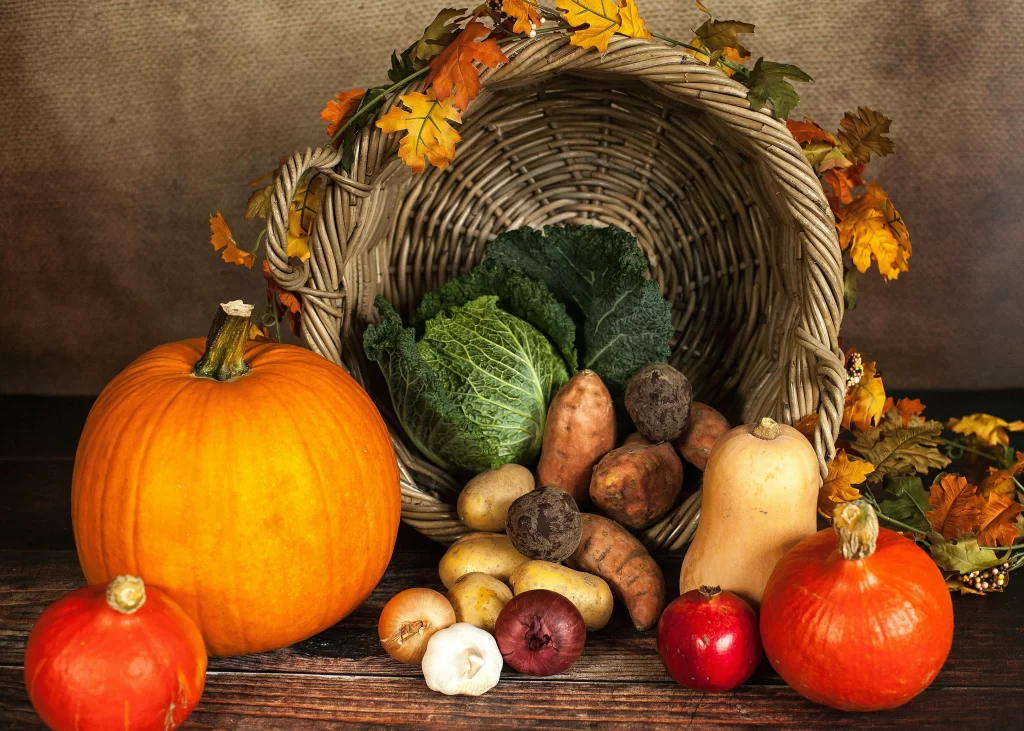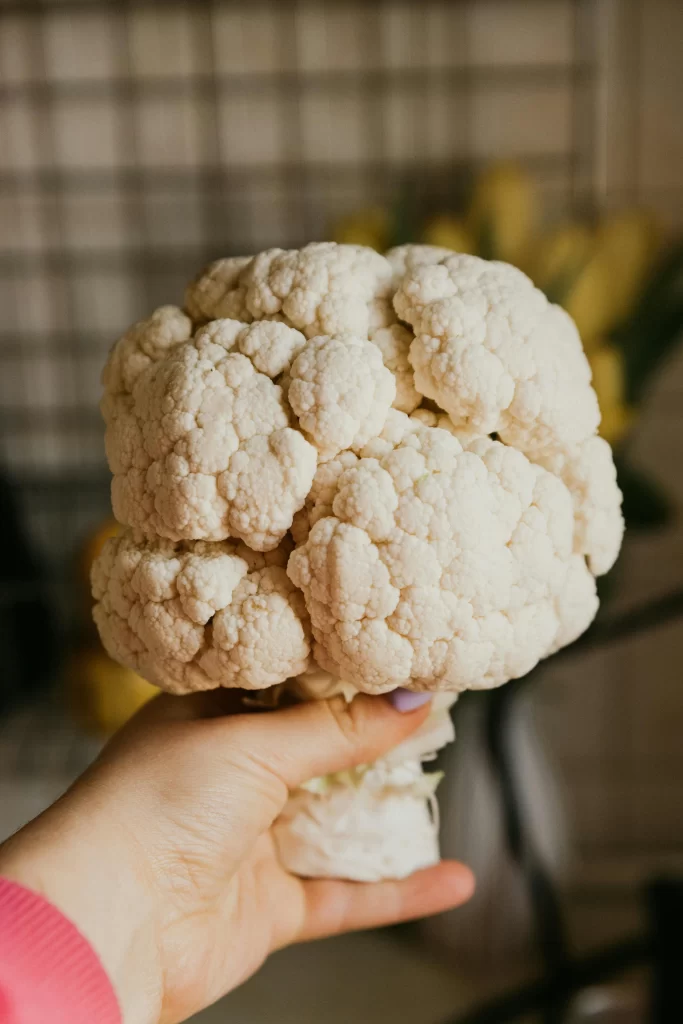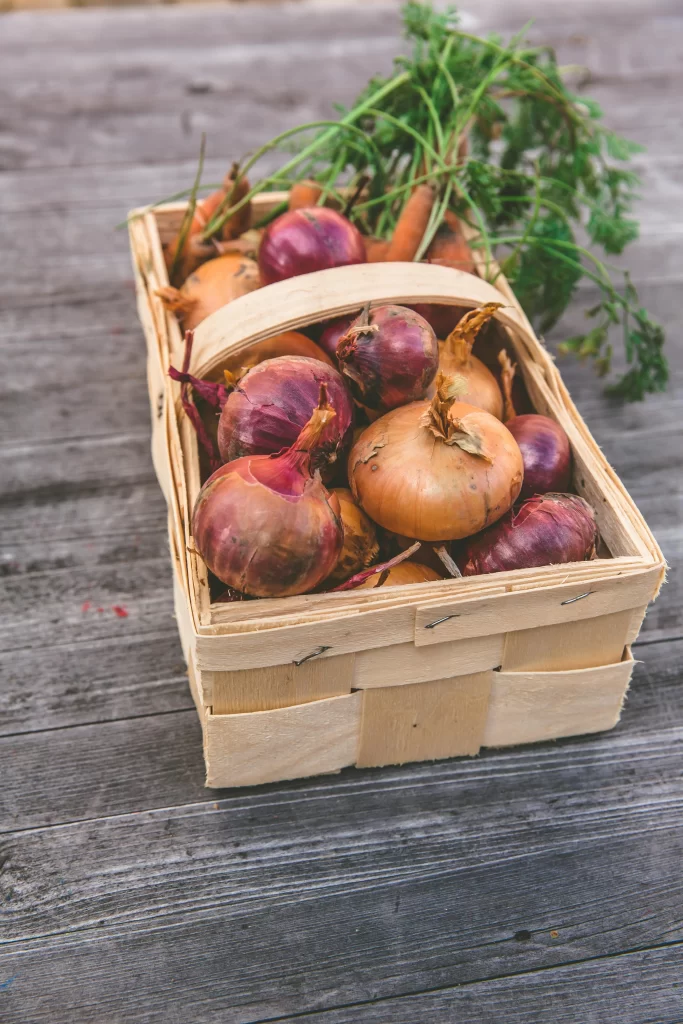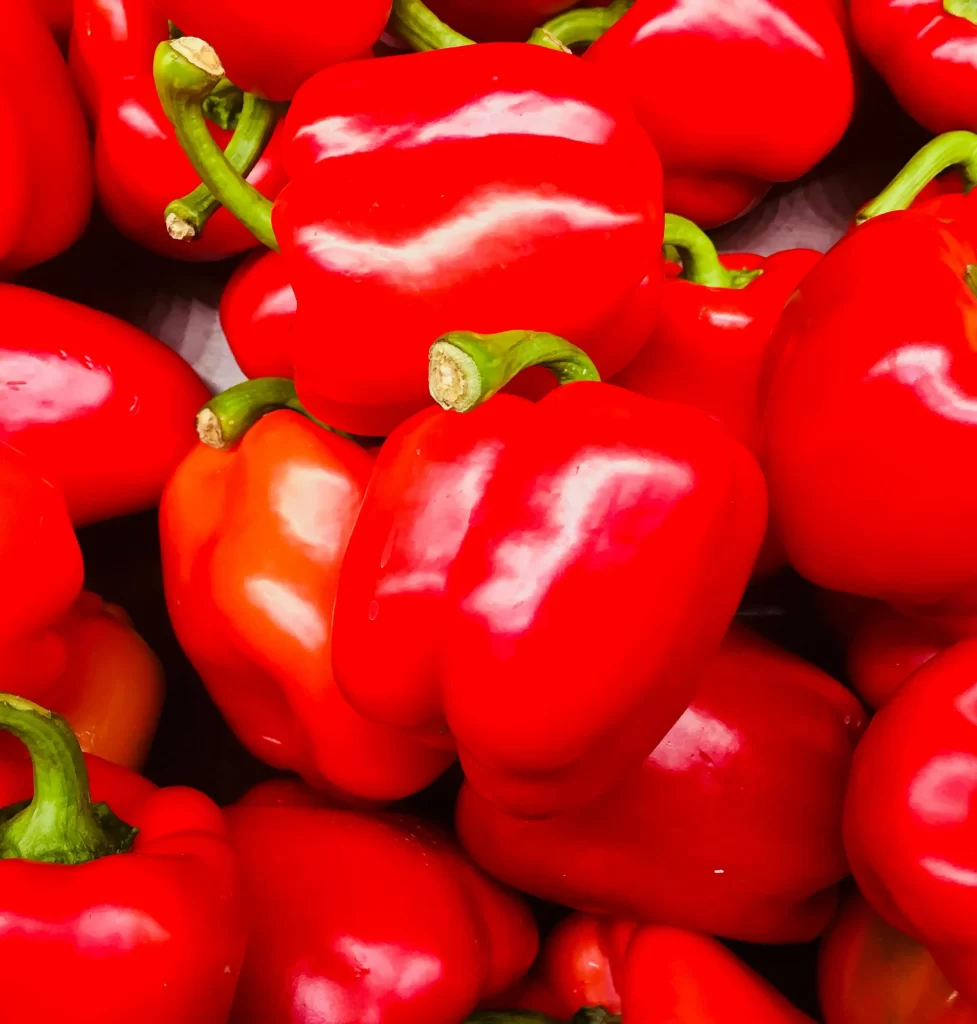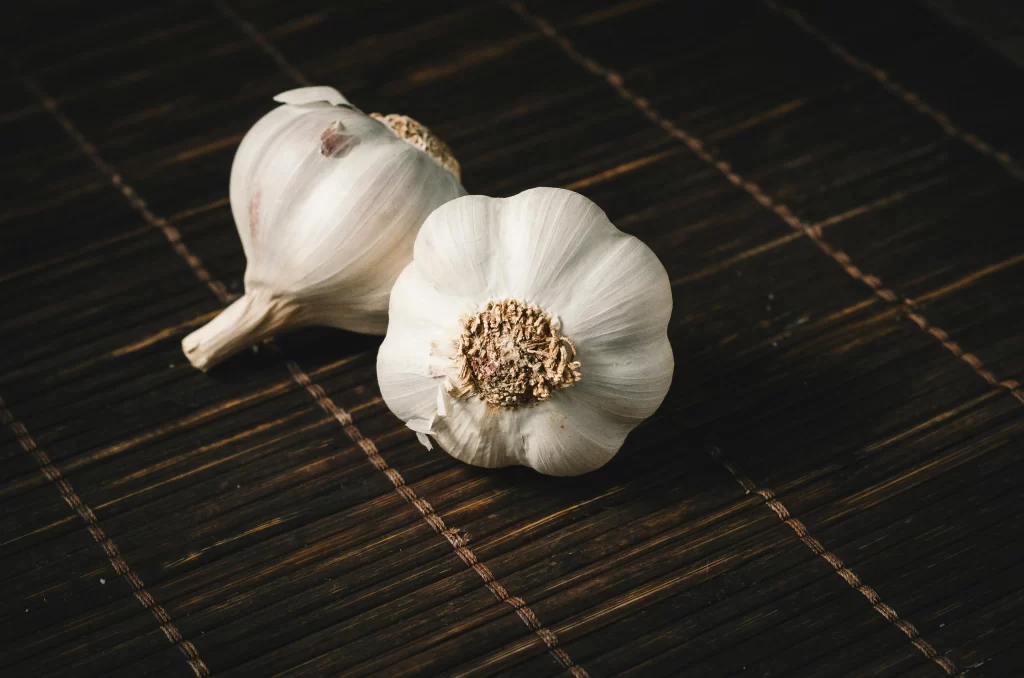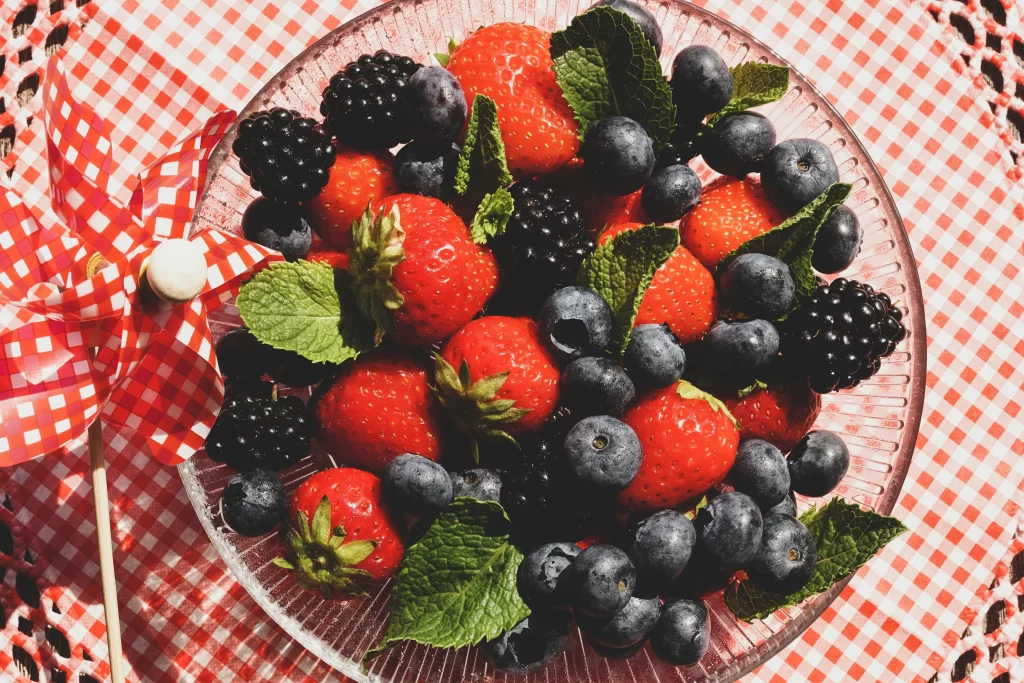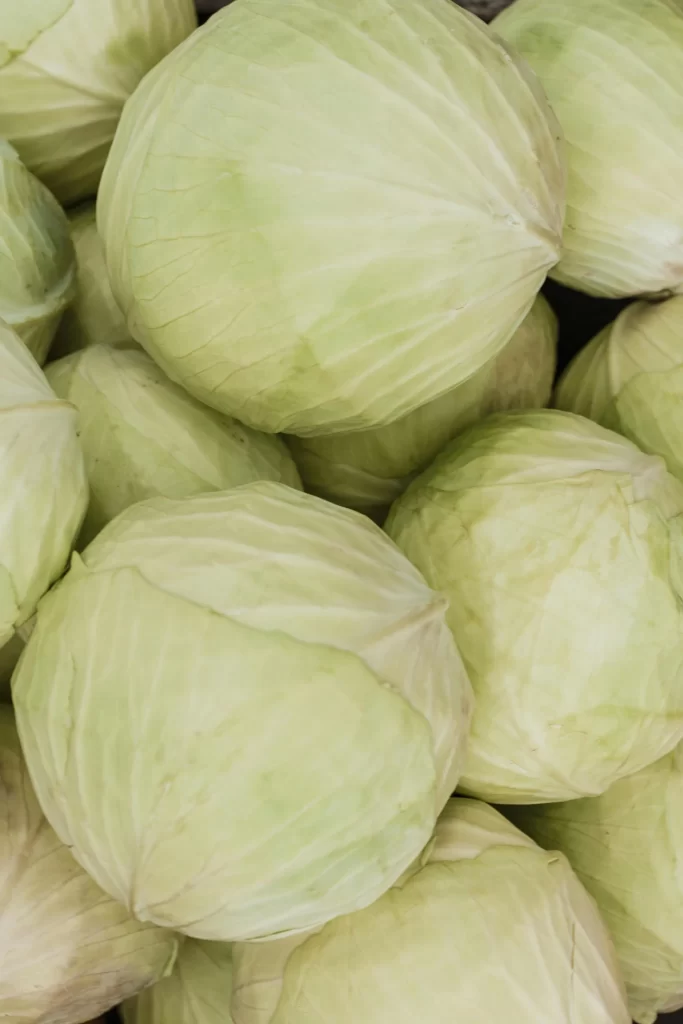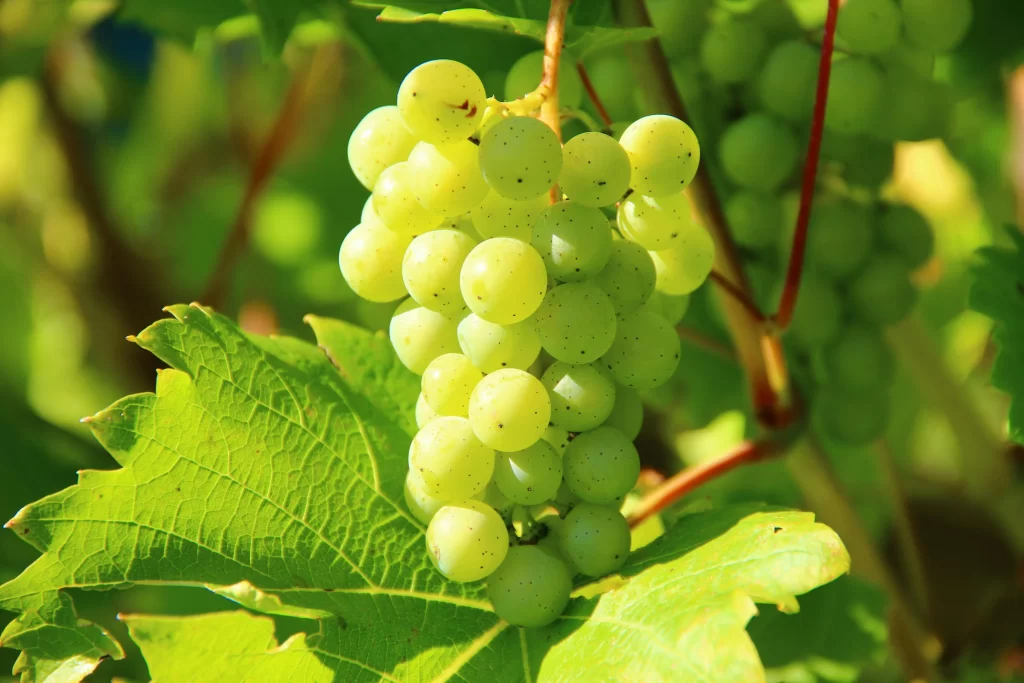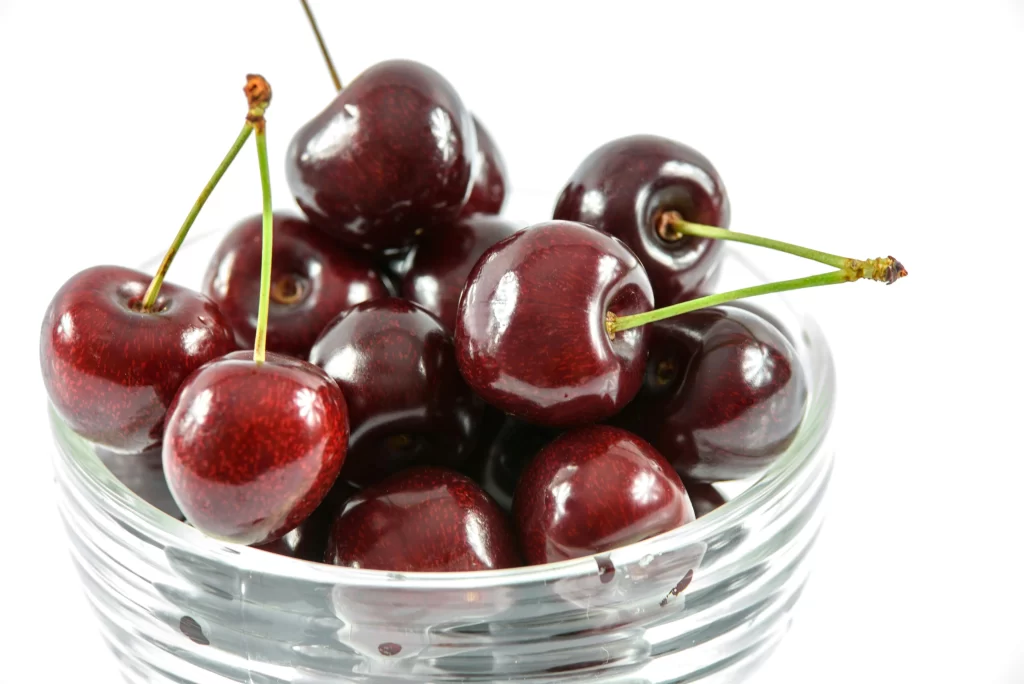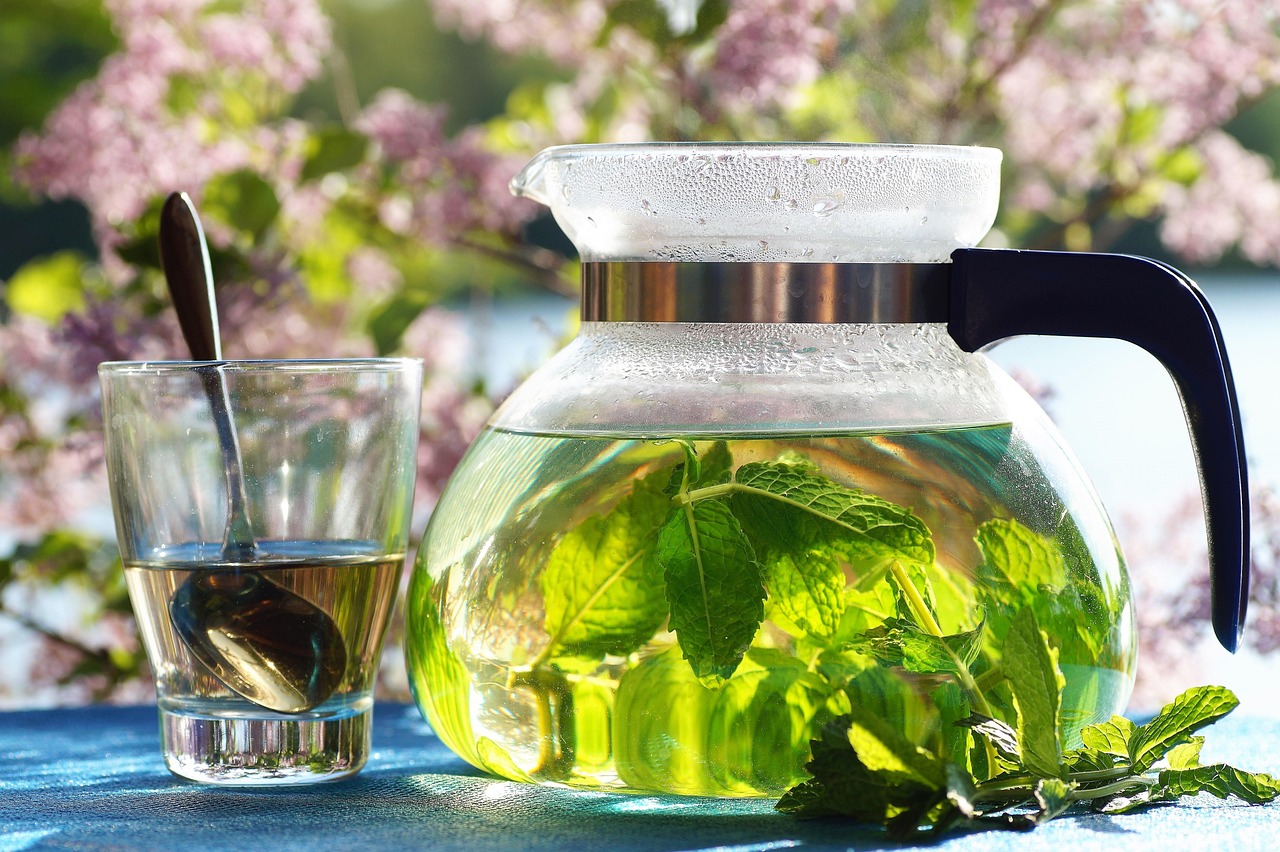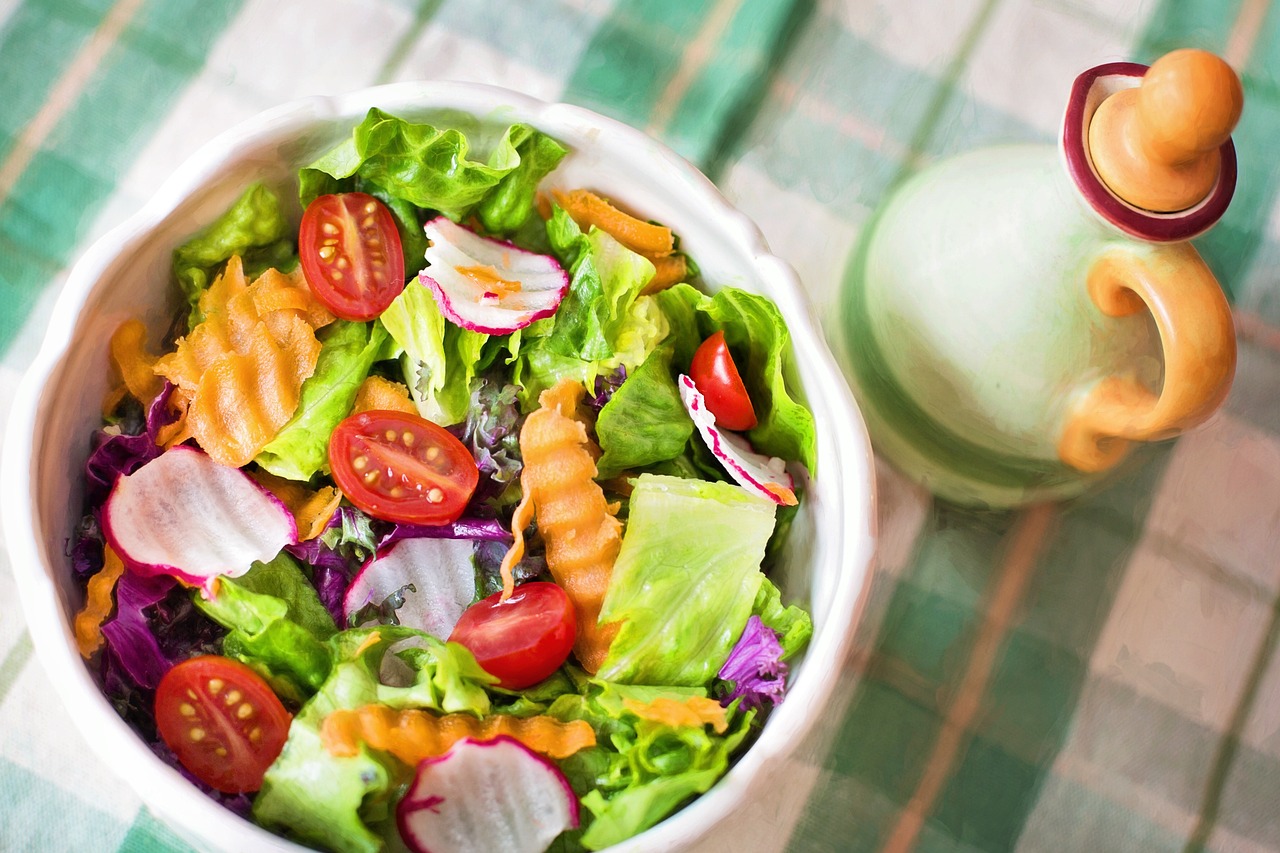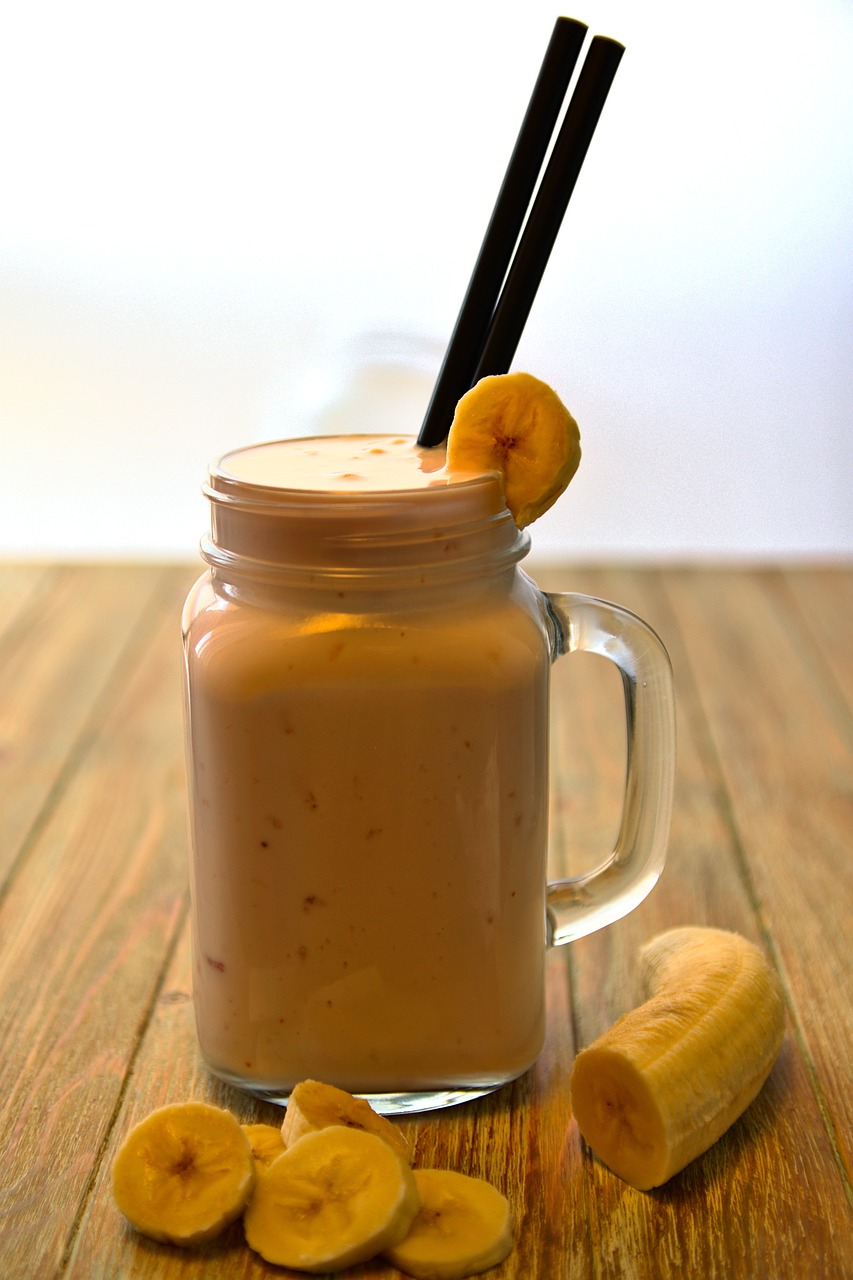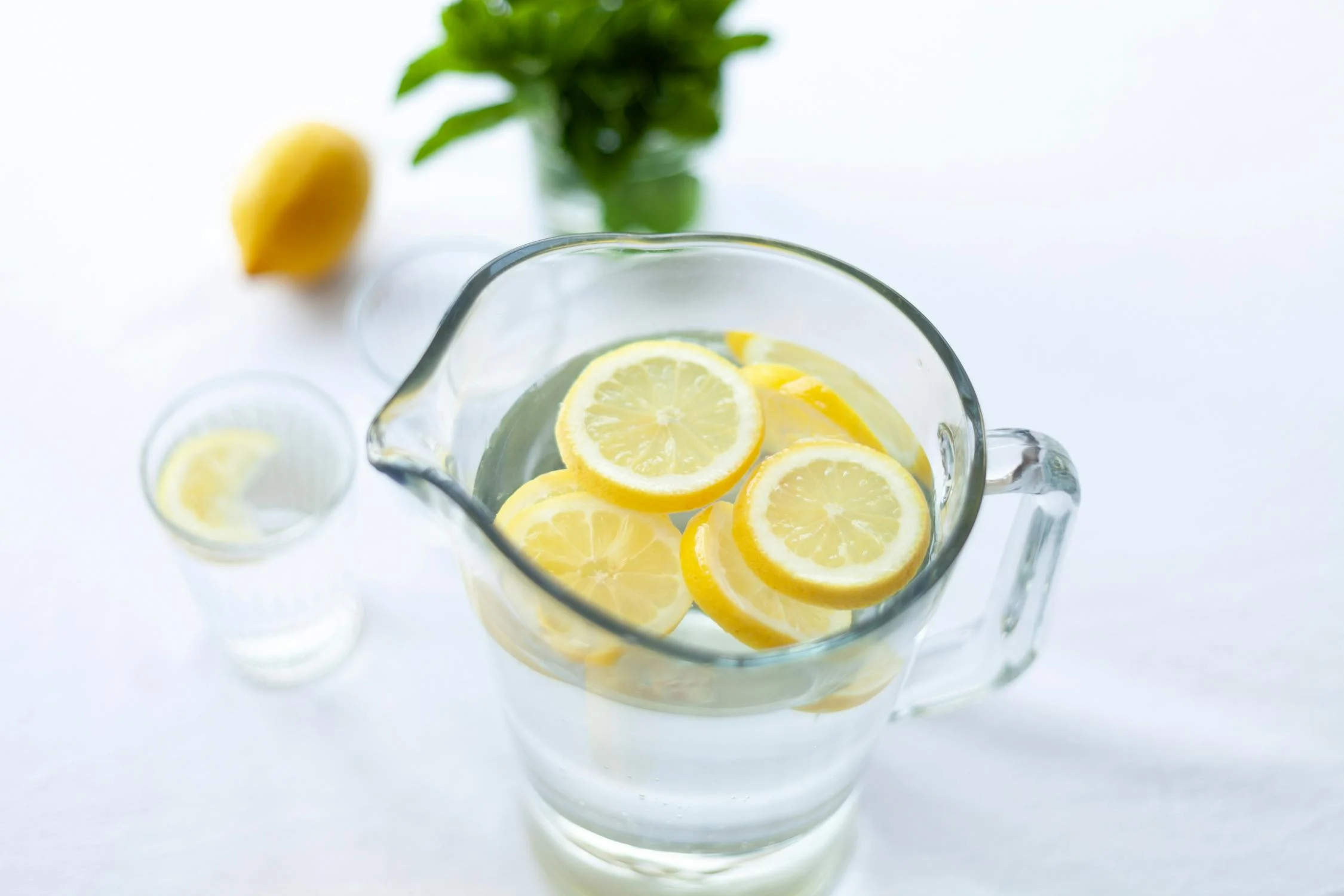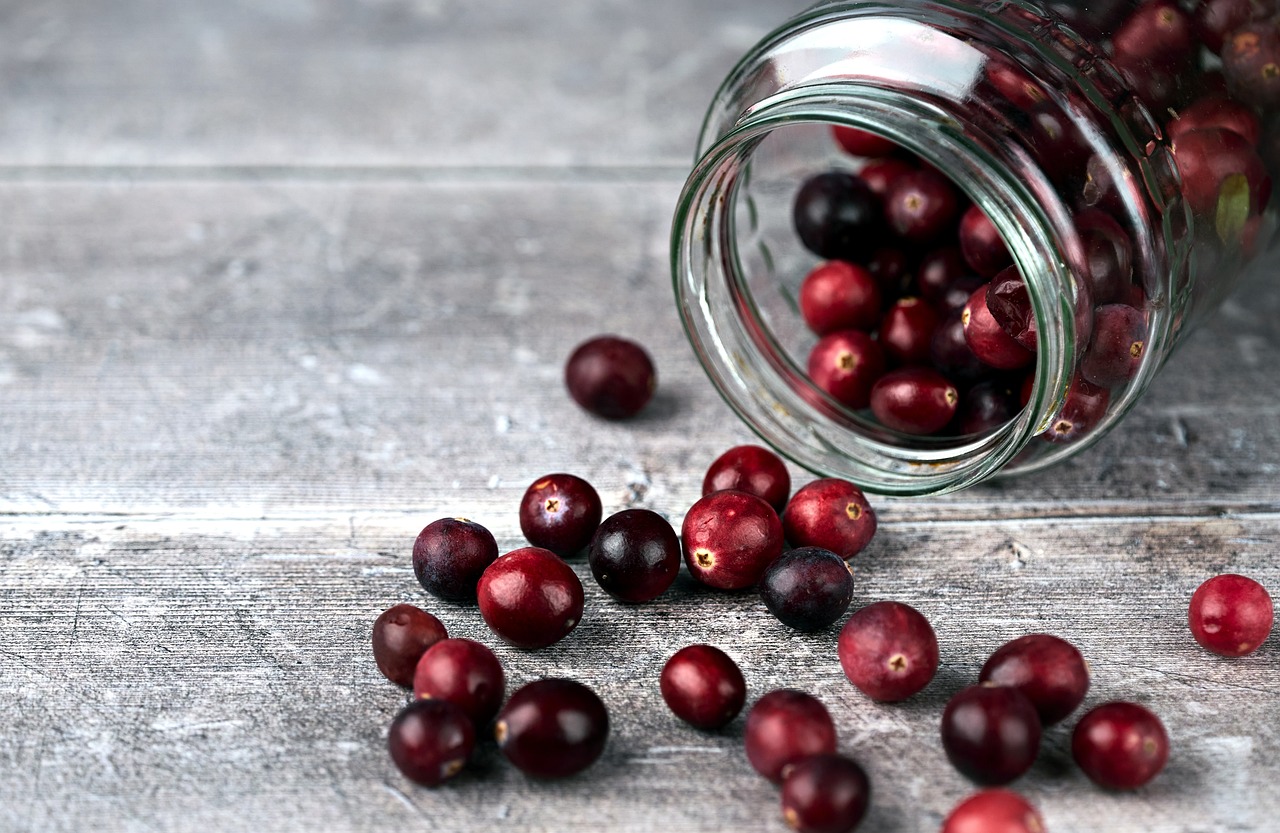As a leading nutritionist in India, I often receive many questions about high creatinine levels, which have become a common problem nowadays.
High creatinine levels can be harmful and affect the kidneys and other organs in the body. In excess, they are toxic and disrupt normal bodily functions. Many people ask about diets to reduce creatinine levels.
Today, let’s talk about the basics of creatinine and the Indian diet chart for high creatinine patients. We’ll also discuss a diet chart that can be followed to reduce creatinine levels.
What is Creatinine?
Creatinine is a waste product produced by our muscles when they work. Normally, our kidneys filter out creatinine from our blood and remove it through urine. But if the kidneys can’t do this properly, creatinine levels in the blood can rise, leading to kidney problems.
When we eat protein, our liver produces creatine, which our muscles use for energy. The leftover creatine that can’t be used is turned into creatinine and removed by the kidneys. High levels of creatinine in the blood can be a sign of kidney damage or other kidney-related issues.
The good news is that if kidney disease is caught early, the kidneys can often heal themselves to some extent. This is why it’s important to have a balanced diet and consider natural treatments to reduce creatinine levels.
A balanced diet provides the nutrients our kidneys need and helps prevent them from becoming overworked, even if they’re not functioning perfectly due to disease. So, eating the right foods is crucial for kidney health.
Indian Foods to Lower Creatinine Levels
A healthy diet is an essential part of managing elevated creatinine levels. The following points should be kept in mind when designing a diet for high creatinine levels:
- Reduce the strain on the kidneys: The goal is to ease the workload on the kidneys to help them function better.
- Maintain key nutrients at appropriate levels: It’s important to keep levels of important nutrients like sodium, potassium, and phosphorus within a healthy range.
- Provide adequate nutrition without causing weakness: The diet should be designed to meet the body’s needs without causing the patient to feel weak due to reduced energy or starvation.
It’s important not to overly restrict the diet, as this can be harmful. Instead, the diet should be tailored to ensure that the body gets all the necessary nutrients it needs to stay healthy and function properly.
The benefits of Indian foods in reducing creatinine levels
Here are some important Indian foods to lower creatinine levels:
1. Cauliflower:
Cauliflower is a common vegetable used in many Indian dishes. It contains nutrients like calcium, phosphorus, carbohydrates, and iron, as well as vitamins A, B, and C.
While it does have some potassium, which can be a concern for people with high creatinine levels, the amount is usually small. Cauliflower offers many benefits for those with high creatinine levels.
2. Onion:
Onions have been valued for their health benefits for centuries. They are packed with vitamins A, B6, C, and E, as well as iron. Onions are especially rich in dietary fibers, which can help lower high creatinine levels. They also contain a good amount of folic acid, which is important for managing creatinine levels.
3. Red Bell Peppers:
Red bell peppers are known for their high nutritional value. They are particularly effective in reducing high creatinine levels because they are rich in vitamins A and C. Red bell peppers are low in calories and don’t contribute to the buildup of bad cholesterol. They also have a mild flavor, making them versatile for various dishes.
4. Garlic:
Garlic has long been used in Ayurvedic medicine for its healing properties. It’s known to be beneficial for kidney-related issues and other health conditions.
Garlic contains compounds that can support kidney health and overall well-being. Including garlic in your diet can be helpful for managing high creatinine levels and promoting better health.
5. Berries:
Berries, like raspberries, cranberries, blueberries, and strawberries, are highly recommended for people with high creatinine levels.
- Raspberries:
Raspberries are packed with essential nutrients like iron, manganese, thiamine, riboflavin, Vitamin B6, pantothenic acid, magnesium, copper, zinc, and calcium. These nutrients can help support overall health and may aid in managing high creatinine levels.
- Cranberries:
Cranberries are known for their high antioxidant content, which can help reduce the risk of urinary tract infections, kidney damage, and hypertension. They are also effective in managing high blood pressure, which is often associated with high creatinine levels.
- Blueberries:
Blueberries are rich in antioxidants that combat conditions like diabetes, hypertension, and obesity, which are common causes of high creatinine levels. By addressing these underlying issues, blueberries can help lower creatinine levels. They are also packed with essential vitamins and minerals like vitamin C, vitamin K, vitamin E, iron, zinc, copper, and folate.
- Strawberries:
Strawberries are rich in polyphenols, which have antioxidant properties that support the health of the heart and excretory system. Additionally, strawberries contain dietary fibers, which are known to be beneficial in reducing creatinine levels.
Including these berries in your diet can provide a wide range of nutrients and antioxidants that promote kidney health and help manage high creatinine levels.
6. Cabbage:
Cabbage is a common Indian food that can help lower high creatinine levels. It’s packed with vitamins A and B, which are essential for cell growth and overall health. Additionally, cabbage contains alkaline elements that aid in blood purification, helping to maintain kidney function and reduce creatinine levels.
7. Grapes:
Grapes are known for their high vitamin content and contain an antioxidant called resveratrol. This antioxidant helps reduce sugar levels in the blood, which can be beneficial for managing conditions like diabetes, often associated with high creatinine levels. By regulating blood sugar, grapes can help lower creatinine levels and support kidney health.
8. Cherries:
Cherries are beneficial for lowering high creatinine levels because they contain anthocyanin, which helps reduce blood sugar levels, thus aiding in diabetes management. Additionally, cherries are rich in iron, carbohydrates, and vitamins A, B, and C.
They also provide essential nutrients like beta carotene, calcium, manganese, and phosphorus, which support overall health and kidney function.
Other Indian Foods To Lower Creatinine Levels Include:
- Carrot: Carrots are rich in antioxidants and vitamin A, which support kidney health.
- Eggplant: Eggplants are low in potassium and high in fiber, making them a kidney-friendly food.
- Soaked green leafy vegetables: Green leafy vegetables like spinach and kale are rich in vitamins and minerals and can help lower creatinine levels when soaked to reduce potassium content.
- Apple: Apples are high in fiber and antioxidants, promoting kidney health and reducing creatinine levels.
- Papaya: Papayas contain enzymes that aid digestion and support kidney function.
- Pineapple: Pineapples are rich in bromelain, an enzyme that helps reduce inflammation and support kidney health.
- Guava: Guavas are low in potassium and high in fiber, making them a kidney-friendly fruit.
- Watermelon: Watermelon is high in water content and can help flush out toxins from the body, reducing creatinine levels.
- Peach: Peaches are low in potassium and high in vitamins and minerals, supporting kidney health.
- White Rice and Pasta: These are low in potassium and can be included in a kidney-friendly diet in moderation.
- Wheat products: Whole wheat products are high in fiber and can support kidney health.
- Lentils (Toor dal, Arhar dal, Bengal gram, Chickpeas): Lentils are rich in protein and fiber and can be included in a kidney-friendly diet to lower creatinine levels.
Including these foods in your diet can provide important nutrients and support kidney health, helping to lower creatinine levels and improve overall well-being.
Healthy lifestyle choices that can help in lowering creatinine levels
Along with eating these Indian foods to lower creatinine levels, here are some healthy lifestyle choices you can make:
- Space out your meals: Try to eat meals with a gap of 2-3 hours in between. This allows your body to digest food properly and reduces the load on your kidneys. Eating smaller, more frequent meals can also be helpful.
- Avoid intense exercise: Heavy and strenuous exercise can increase the production of creatinine by your muscles. Opt for lighter exercises to reduce stress on your kidneys.
- Manage stress: Engage in activities that help you relax and unwind, such as light exercise, meditation, or hobbies you enjoy.
- Limit creatinine-rich supplements: Avoid supplements that are high in creatinine, as they can increase your levels even further.
- Stay hydrated: Drink at least 6-8 glasses of water per day to keep your body hydrated and help flush out toxins.
- Get enough sleep: Aim for 7 hours of peaceful sleep each night to reduce stress and support overall health.
- Cut back on junk and oily foods: Avoid foods high in saturated and trans fats, as they can contribute to kidney problems.
- Moderate protein intake: While protein is important, excessive consumption, especially from red meat and dairy, can increase creatinine levels. Include protein sources like beans, lentils, and tofu in moderation.
- Eat fiber-rich foods: Dietary fiber can help lower creatinine levels. Include fruits, vegetables, and whole grains in your diet.
- Use herbs and spices: Incorporate herbs and spices known for their kidney-supportive properties, such as turmeric, ginger, and cinnamon.
- Limit sodium intake: Reduce consumption of high-sodium foods like packaged foods, processed meats, cheese, and fast food. High sodium intake can strain the kidneys.
- Watch potassium levels: Avoid foods high in potassium, such as bananas, potatoes, and avocados. Soaking vegetables before cooking can reduce their potassium content.
- Be cautious with phosphorus: Avoid brown rice and whole-grain foods, as they contain high levels of phosphorus, which can be harmful for kidneys.
By making these lifestyle changes and dietary adjustments, you can support kidney health and effectively manage high creatinine levels
Conclusion
To lower creatinine levels, people with kidney disease need to carefully watch their diet and avoid foods that could make their kidneys struggle even more. It’s crucial to follow a healthy, kidney-friendly diet to better manage the condition.
However, it’s important to note that there isn’t a one-size-fits-all diet for everyone. Each person’s dietary needs depend on their specific kidney condition. So, it’s best to consult me to get personalized advice before starting any diet. It’s essential to take care of your kidneys by adjusting your diet as needed.
FAQ
What foods should you avoid if your creatinine levels are high?
If you have high creatinine levels, it's important to avoid certain foods that can further strain your kidneys. These include high sodium foods, as the kidneys are responsible for removing excess salt from the body. Additionally, high potassium foods like spinach, tomatoes etc can disrupt electrolyte balance, while foods rich in phosphorus can be harmful to kidney function. Excessive protein intake should also be limited, as it can elevate creatinine levels. Processed foods, often high in sodium, phosphorus, and additives, should be avoided as well to help manage high creatinine levels and support kidney health.
Can chapati be consumed for high creatinine levels?
For individuals with high creatinine levels, it's recommended to avoid foods like eggs, chicken, meat, and certain pulses such as rajma, chole, moong dal, or arhar. Dairy products like milk, curd, cheese, and paneer should also be avoided. However, foods like bread and chapati are generally considered acceptable for consumption. It's crucial for patients to control their protein intake, as reducing protein in the diet can help lower creatinine levels.
Is Dal harmful for creatinine levels?
For individuals with kidney issues, it's advised to limit protein intake as it can raise creatinine levels. Instead, opting for carbohydrates, which are easily digested and absorbed, is recommended. However, patients can include light protein sources like moong dal, masoor dal, and moth dal in their diet. These options provide some protein while helping to manage creatinine levels.
Can patients with high creatinine levels consume curd?
It's advisable for individuals with elevated creatinine levels to avoid consuming curd. Curd is high in calcium, which can increase the risk of kidney stone formation. Therefore, kidney patients should refrain from consuming curd as it may exacerbate kidney damage.

